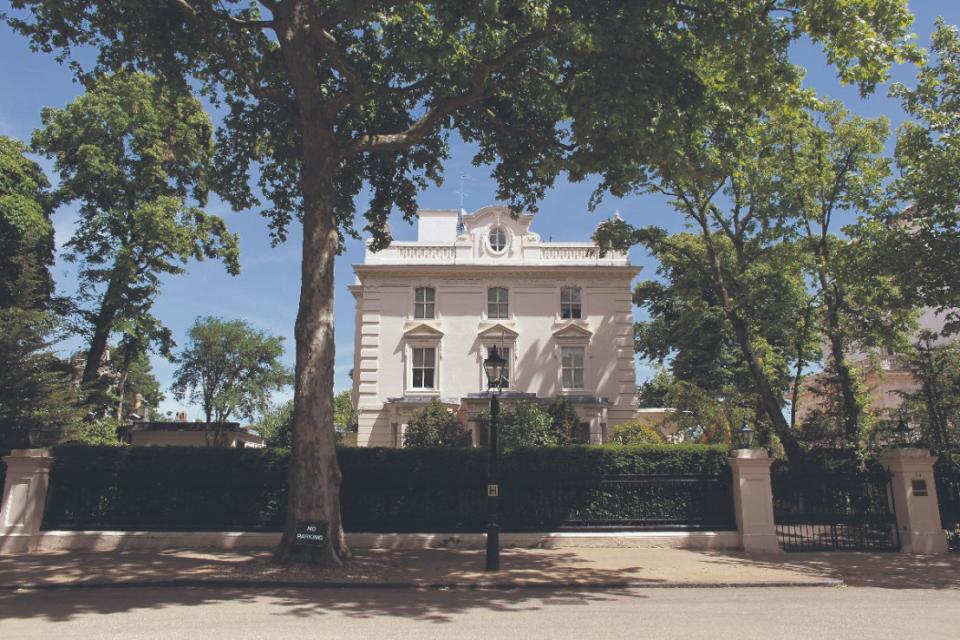Sun, sea and a 20% flat tax: How Portugal is trying to attract smart foreigners

Portugal’s centre-right minority government has said it will bring back a tax break for high-skilled foreigners. The country aims to stimulate growth by attracting the international elite to its shores.
The controversial move, which reverses the previous socialist government’s decision to scrap the policy, would tax foreign skilled workers’ income at a flat rate of 20 per cent, considerably undercutting most European countries.
The flat rate will only apply to salaries and other professional income, unlike the policy’s previous incarnation which also encompassed dividends, capital gains and pensions and attracting protestations from other EU states led by the Nordic nations.
The member states took exception to Portugal’s exemption for pensioners, which had been luring retirees to resile in the southern European country, paying tax there rather than in their home nation.
Portugal’s finance minister Joaquim Miranda Saramento told the Financial Times he was introducing the plans to “attract some people” to the nation.
The policy runs counter to momentum elsewhere in Europe. Both France’s left-wing coalition and Marine Le Pen’s hard-right Rassemblement National—one of which will hold power in France’s parliament after the country’s election run-off on Monday—are running on platforms that propose a heavier tax burden for the ultra-rich.
Meanwhile, in the UK, the Labour Party has pledged to close the ‘loopholes’ in the Conservatives’ policy to abolish the non-dom status. The rules currently exempt rich internationals from paying tax on their foreign income and assets.
If it makes the move, Portugal would join Italy, Switzerland, and Ireland, all of which have introduced policies or frameworks explicitly designed to encourage the world’s elite to lay down roots and thus help stimulate their economies.
Commenting on the move, David Lesperance, founder of immigration and tax advisors Lesperance & Associates, told City A.M.: “HNW former taxpayers from the UK, US, France, South Africa and other jurisdictions which have increased their tax burdens, can add Portugal to the list of jurisdictions where they can enjoy an excellent lifestyle with a lower tax burden.
“While the UK is bringing in policies to drive out its annual super contributors to the Treasury, Portugal joins other jurisdictions such as Italy, Ireland, and Switzerland which have introduced policies to attract these ‘Golden Geese’.”

 Yahoo Finance
Yahoo Finance 